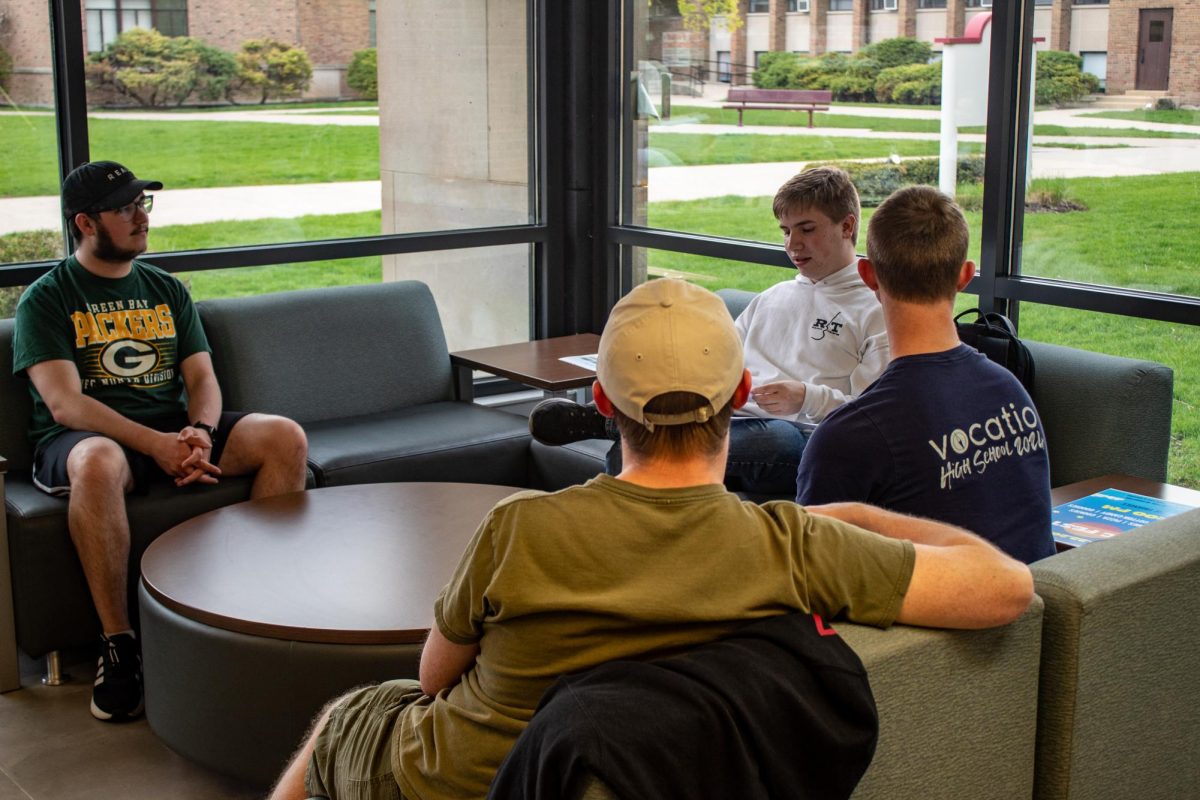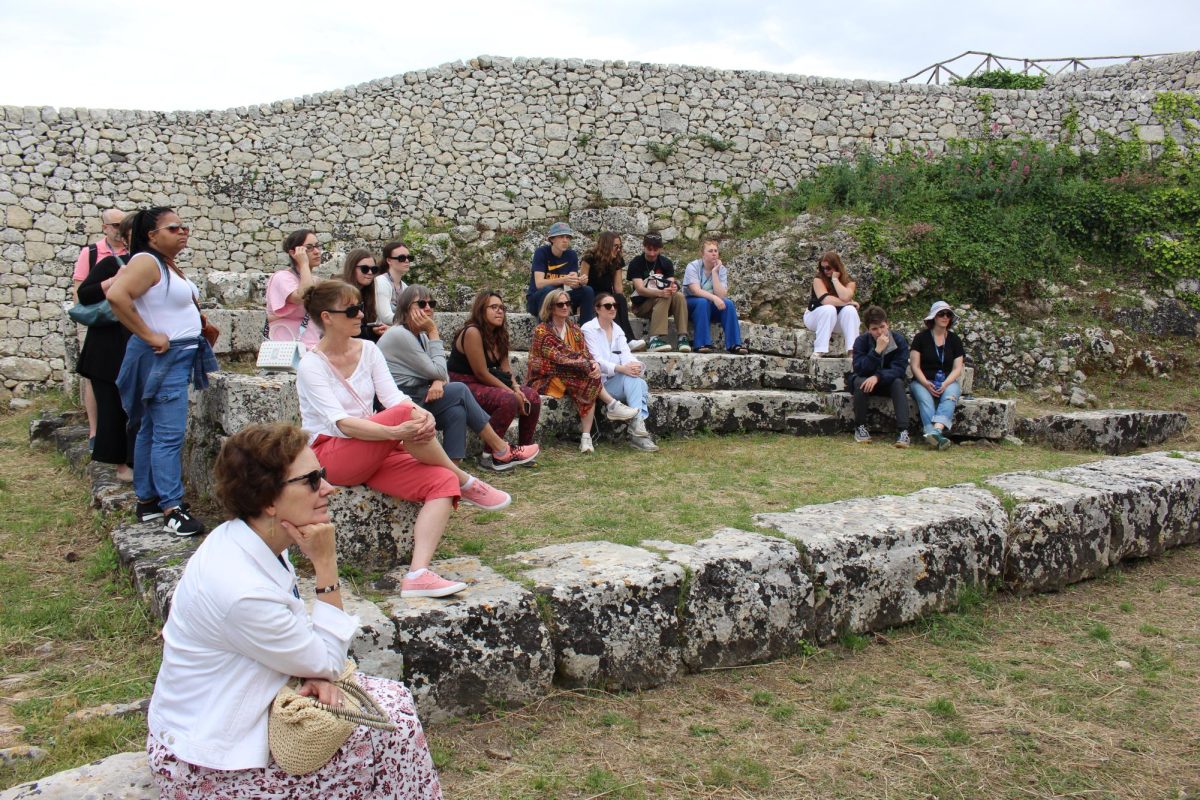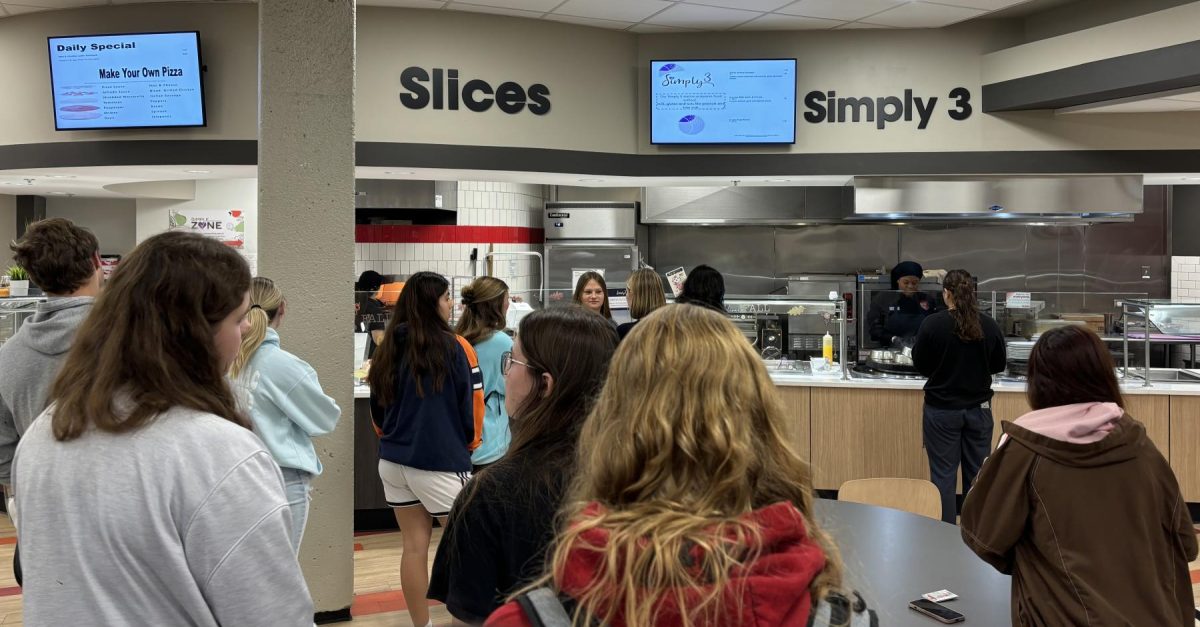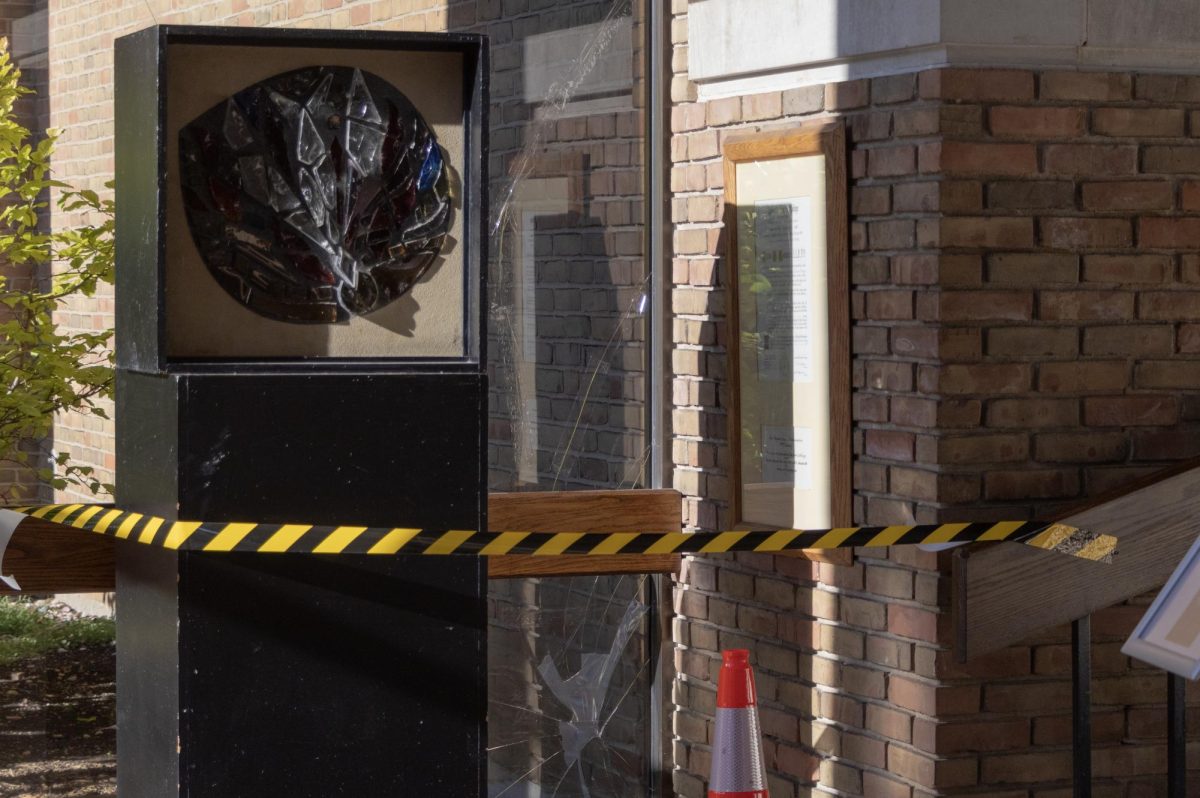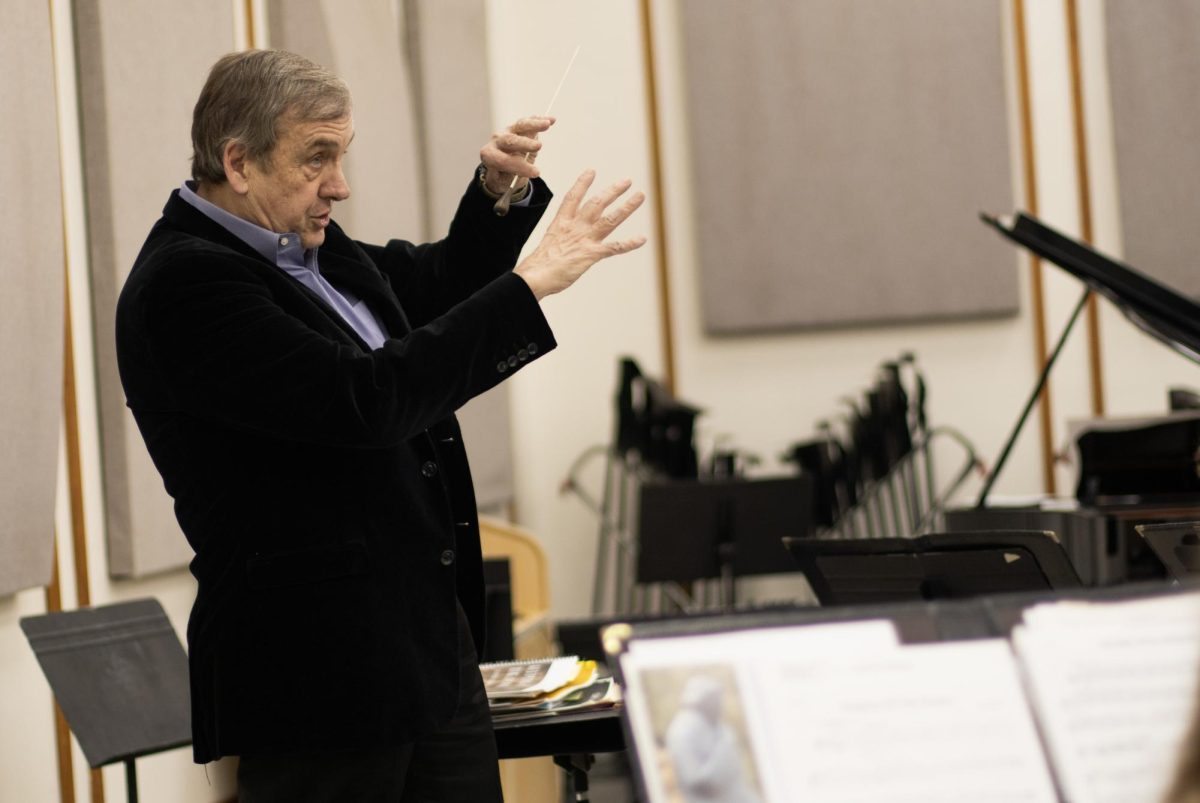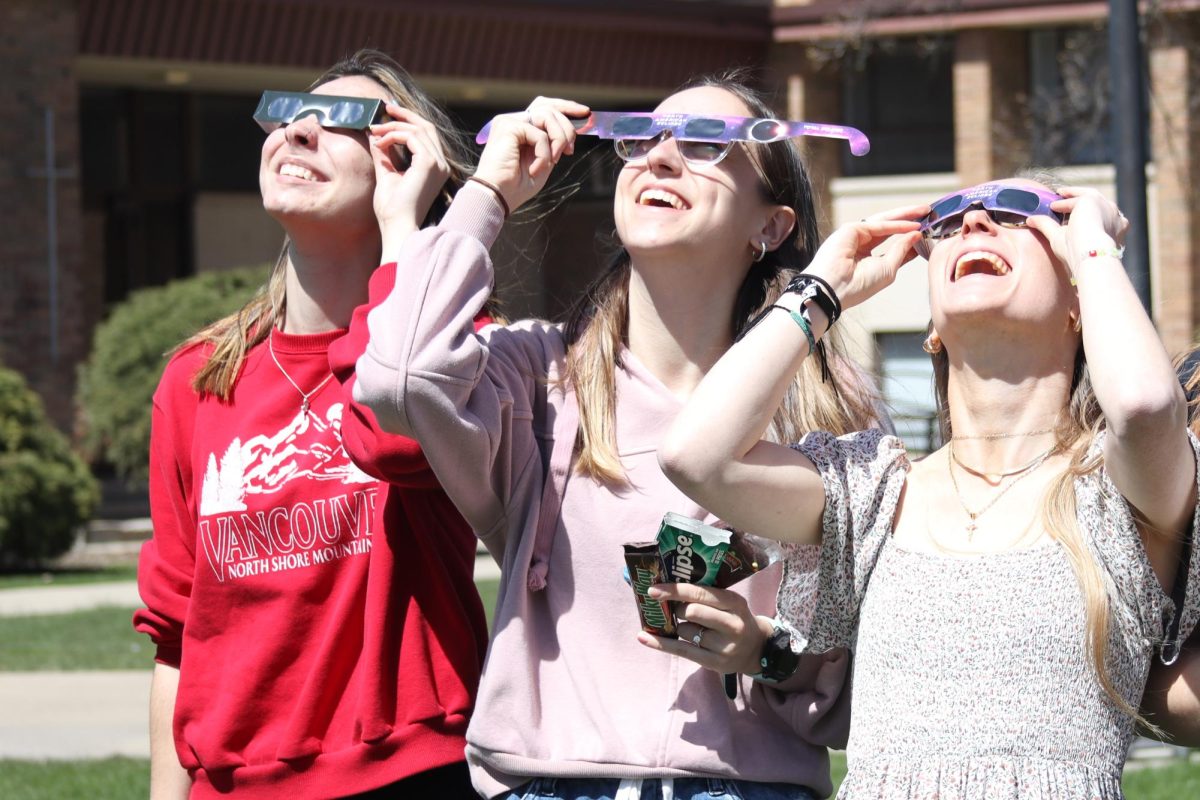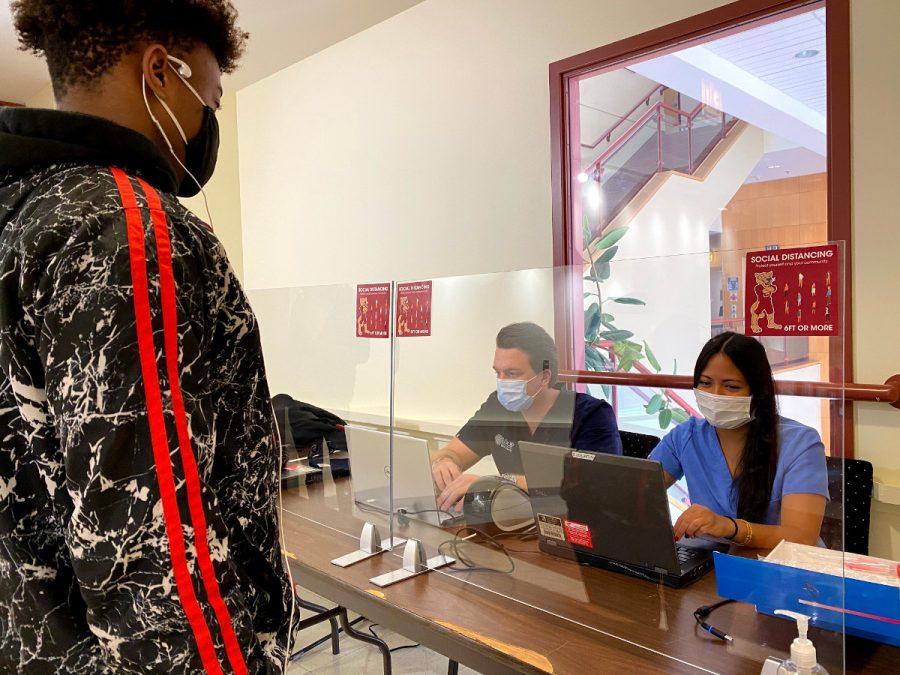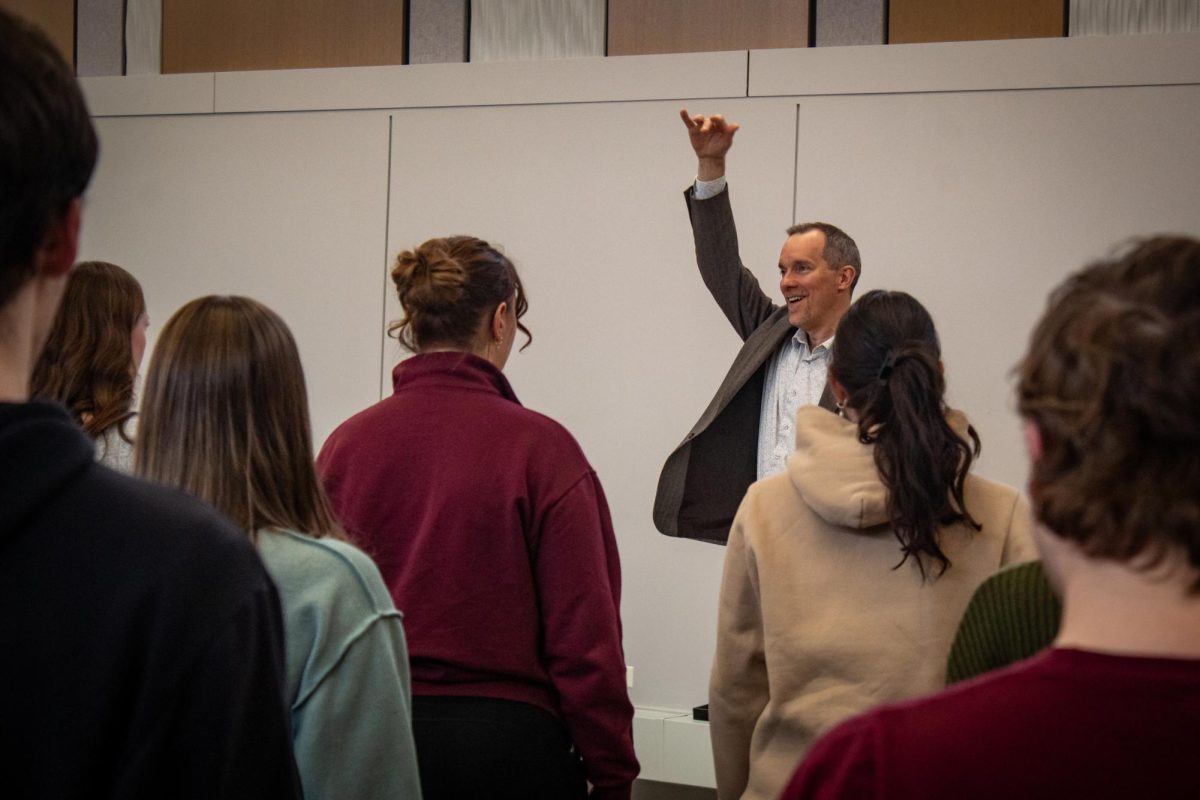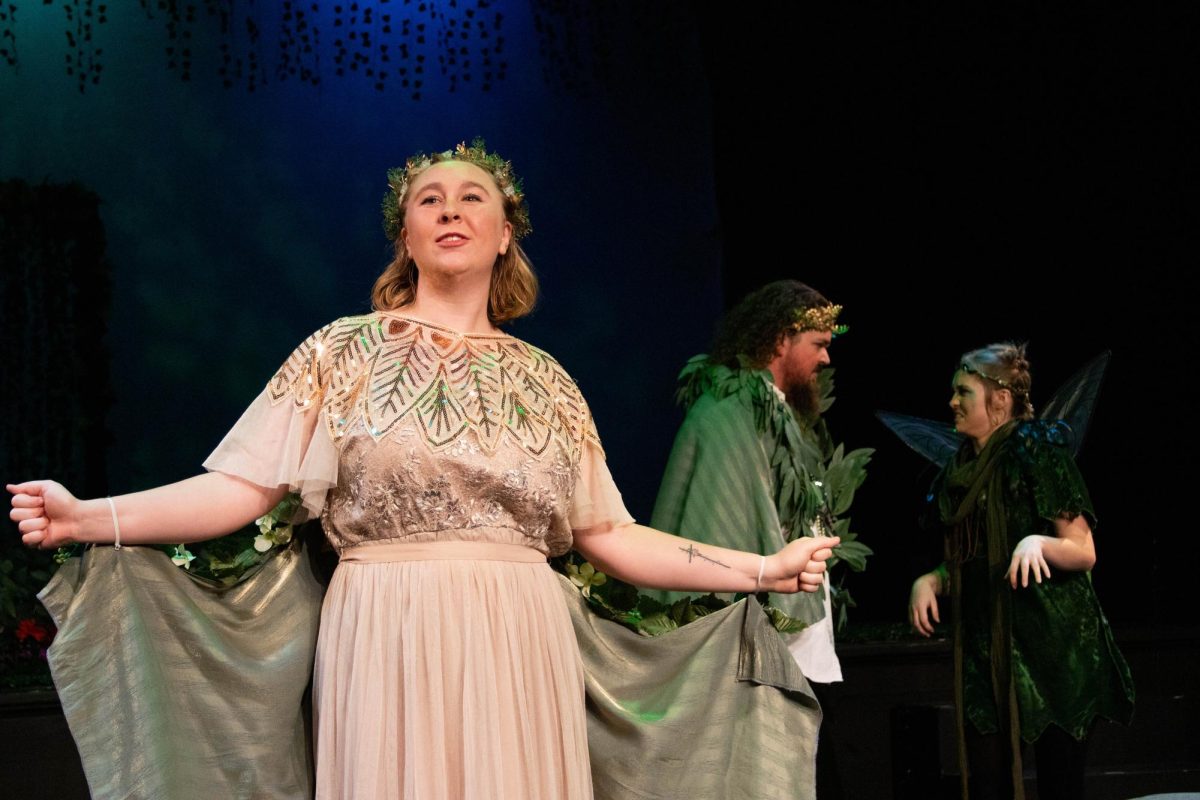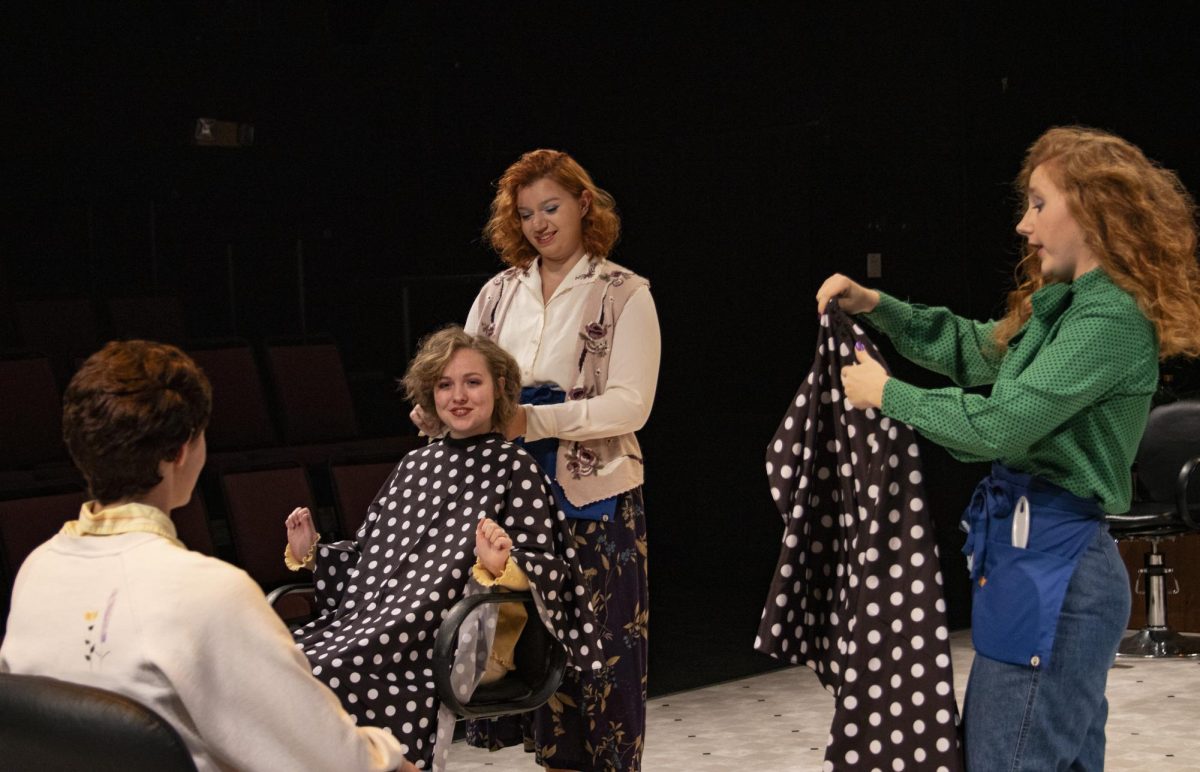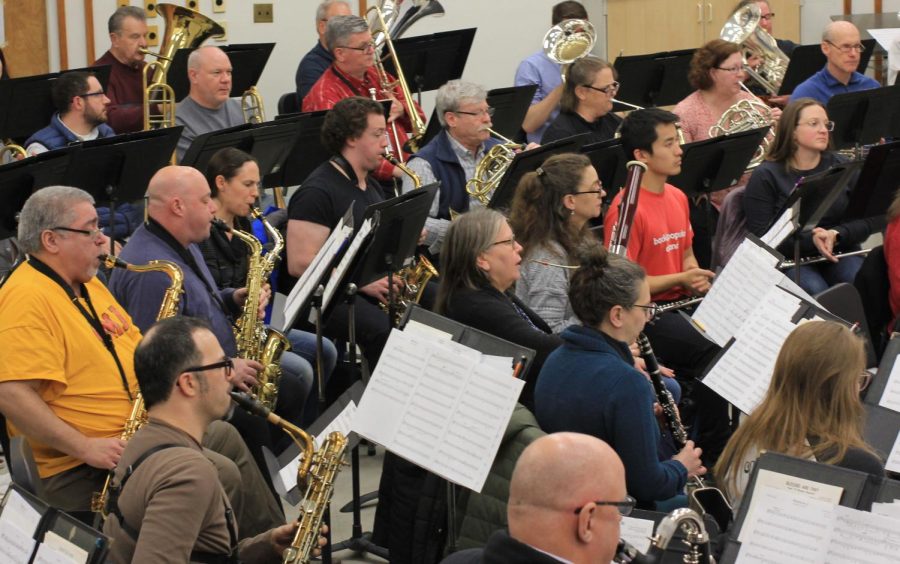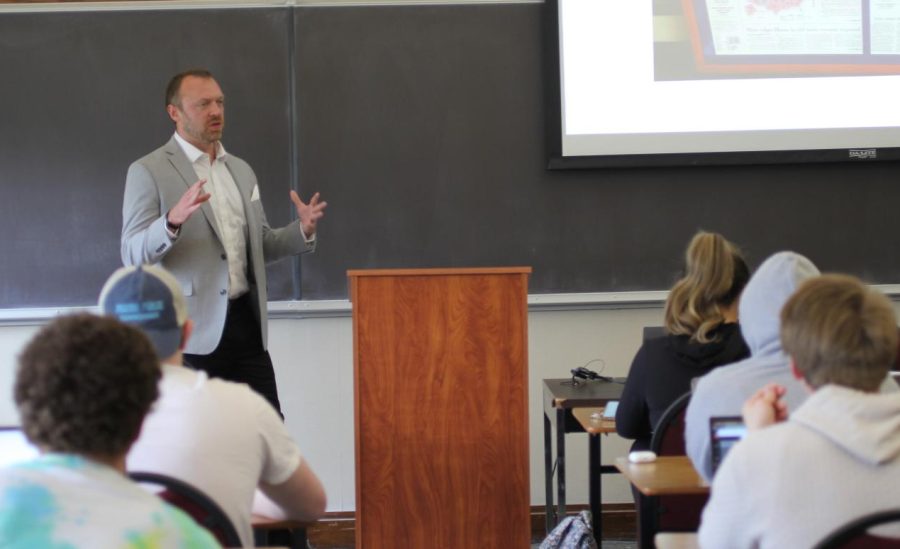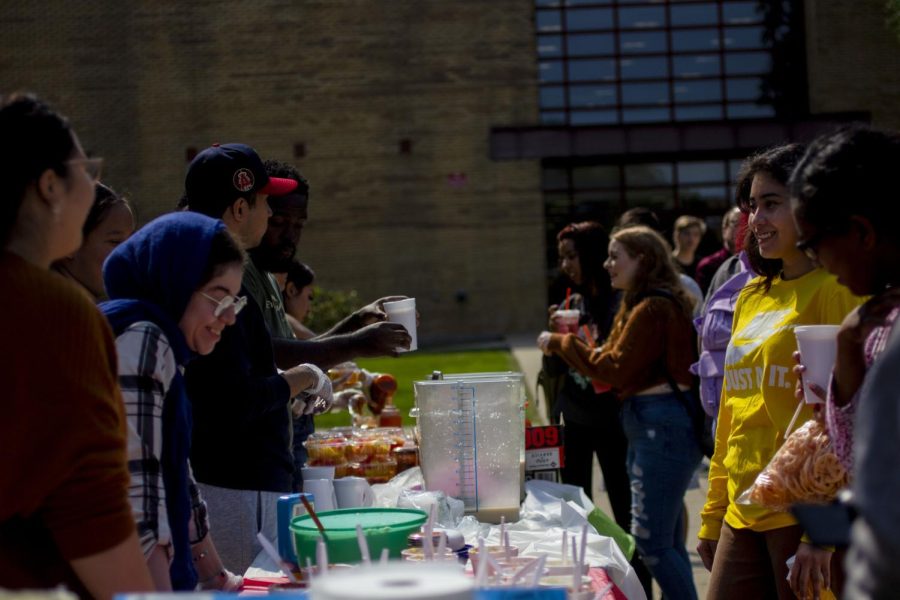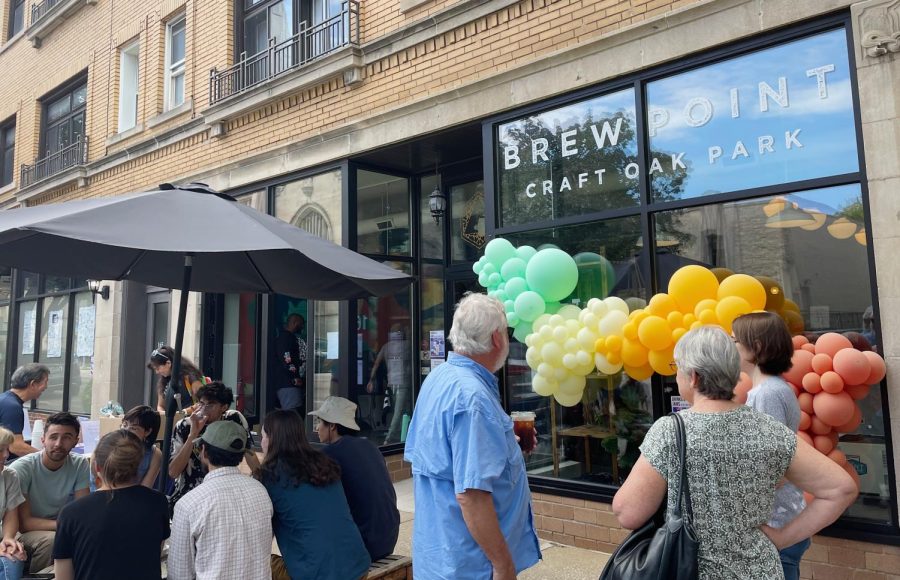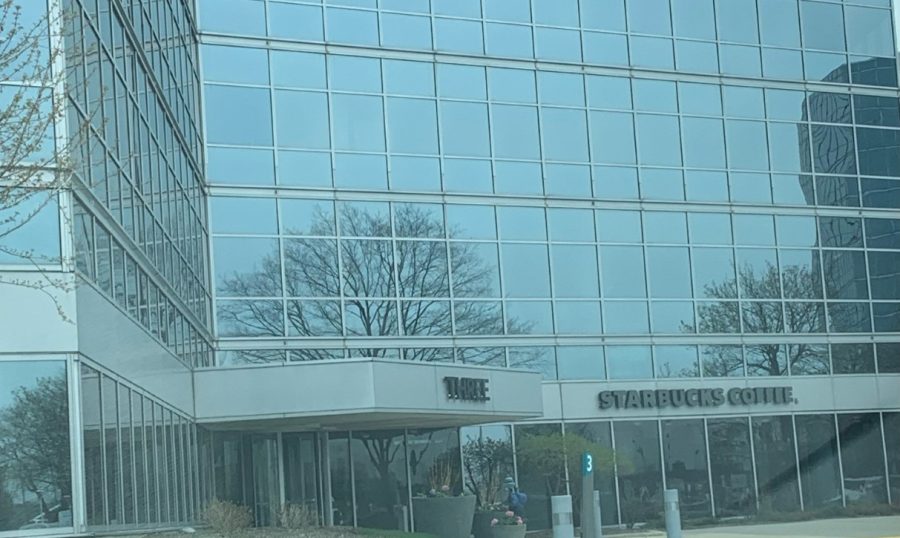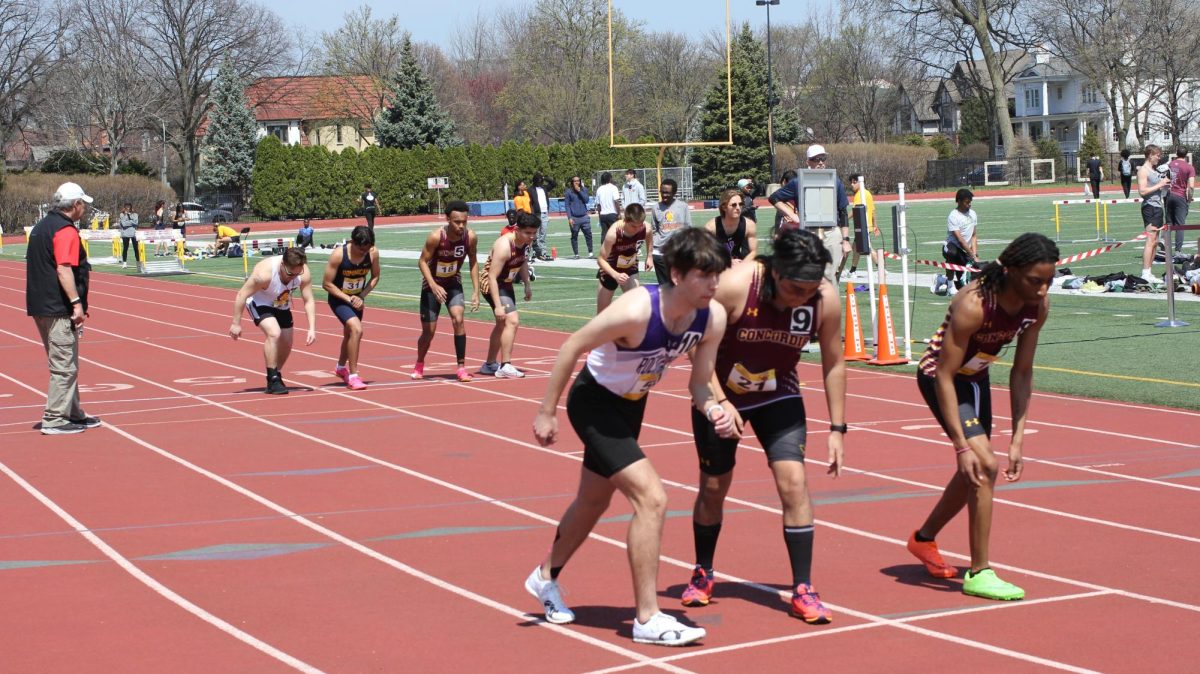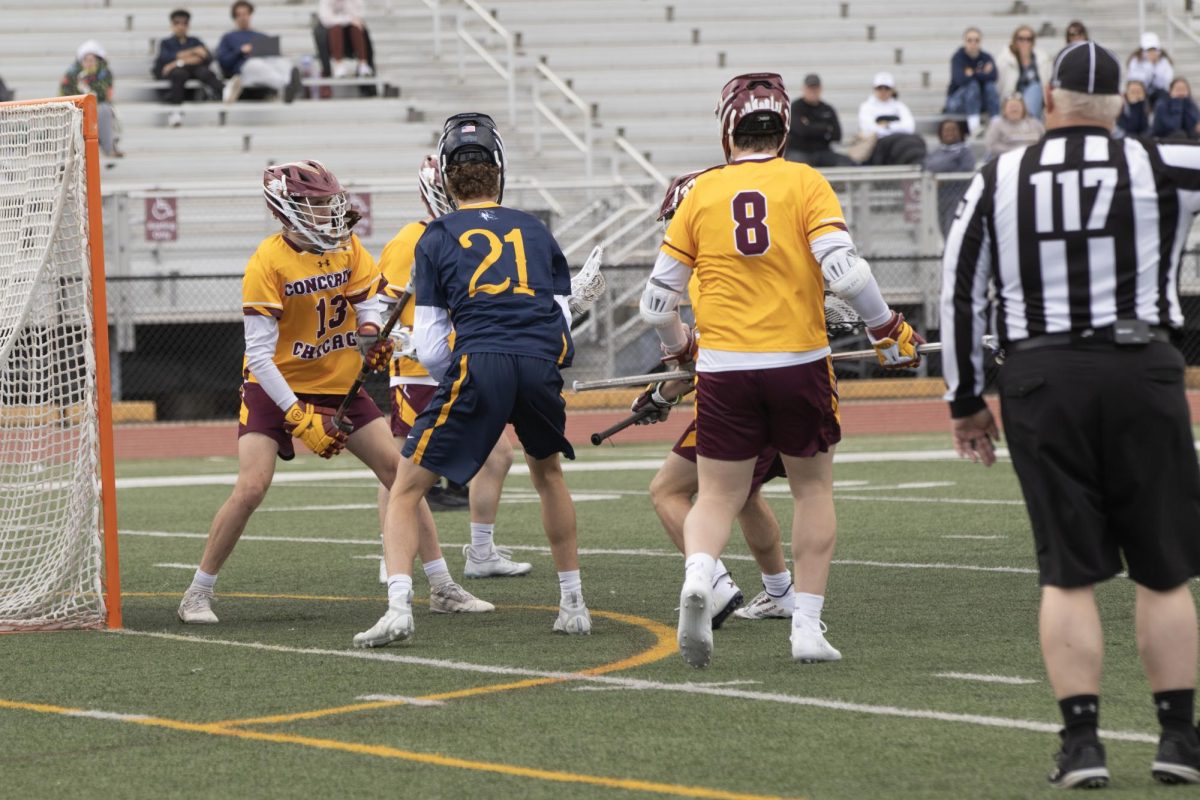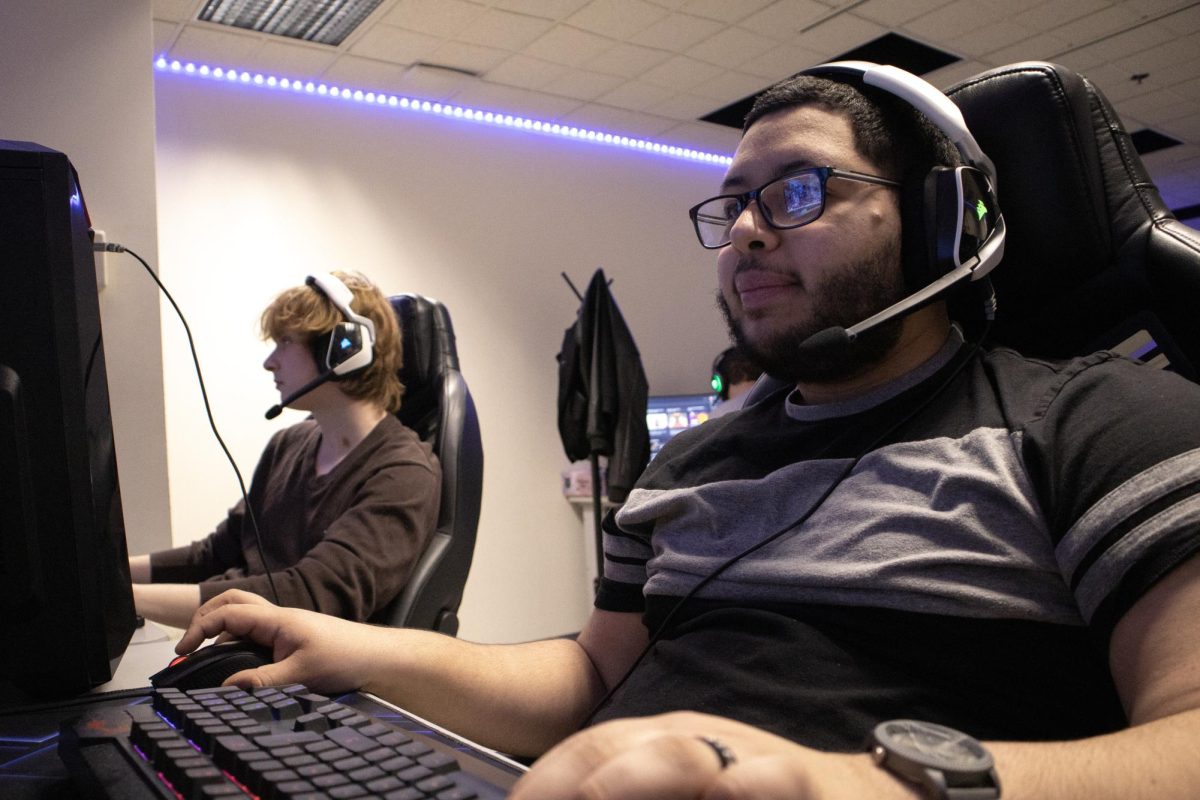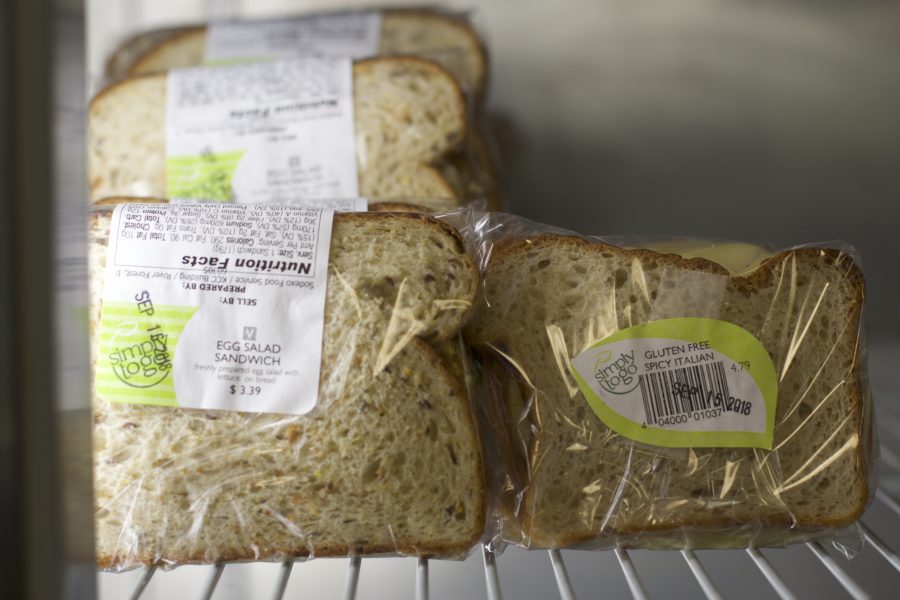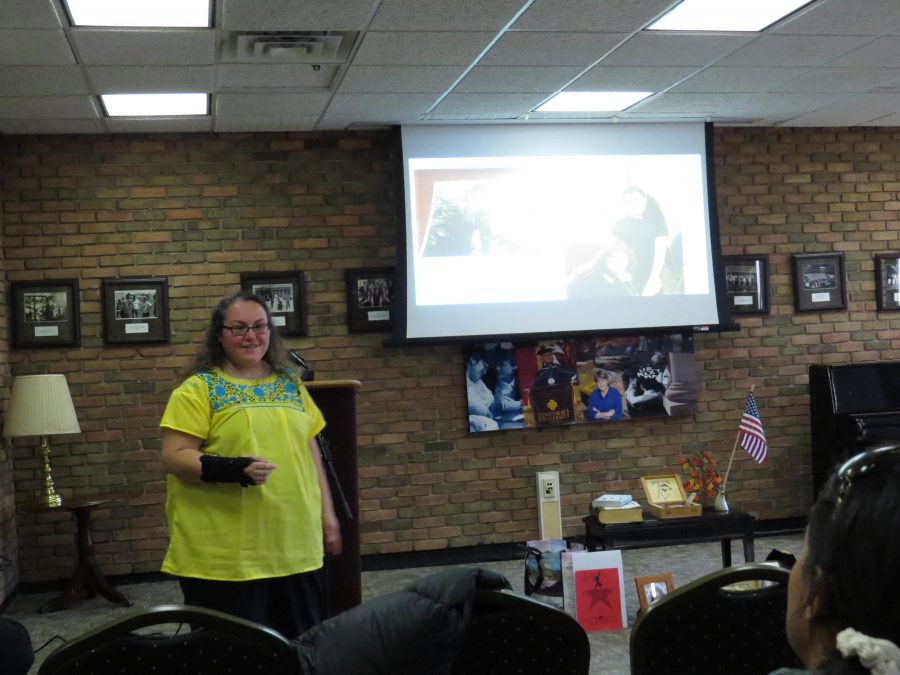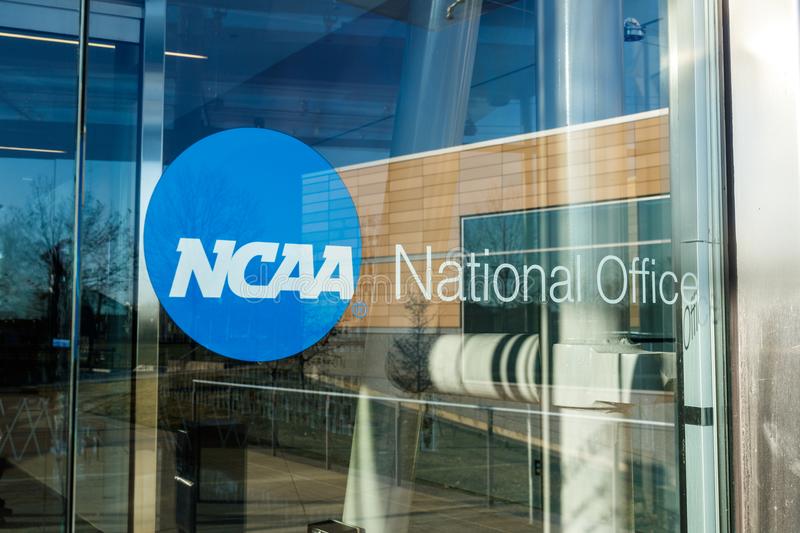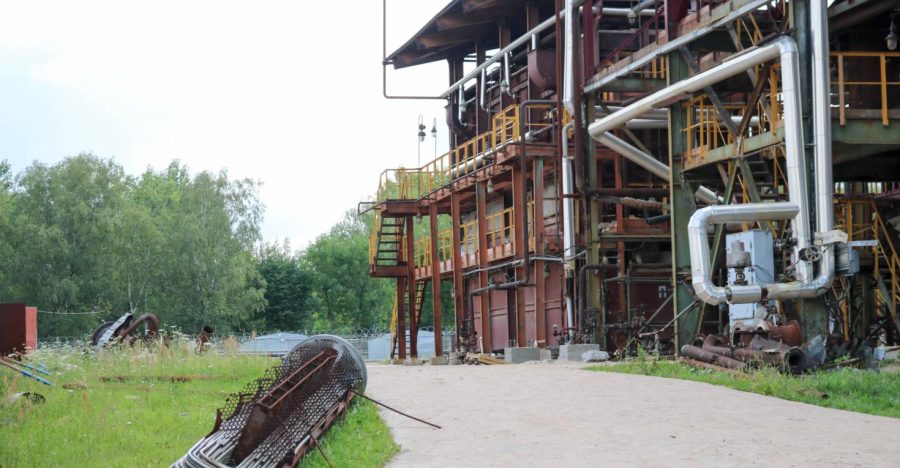By Jordan Mann
The Kurdish people are in the news on an almost daily basis. Stories about being allies of the U.S. and coalition forces in our fight against the Islamic State (IS), army units made up completely of women fighting with great success, putting together a democratic government in northern Iraq and conflict with the Turkish government in Turkey. Different Kurdish groups are often referred to by initials KRG, PYD, YPG and PKK are the ones most often in the media, but there are many others. So, who are these people?
For answers we spoke with Mr. Umut Acar, the Counsul General of the Republic of Turkey, Ms. Bayan Sami Abdul Rahman, the Kurdistan Regional Governments representative to the U.S. and Mr. Bahoz Broosk, a Turkish Kurd affiliated with the Kurdish Cultural Center in Chicago. We were also in contact, via email, with Dr. Walter Posch of The National Defense Academy in Austria. Dr. Posch sent us some of his published papers on the Kurds.
The following is from an interview with Mr. Umut Acar, the Counsul General of the Republic of Turkey.
To the question of who are the Kurds, Acar answered, “I see that a lot of confusion, the American society, the media…….sometimes people don’t really know what they are talking about when they refer to a group of people called the Kurds.” He went on to explain that there is no one people called the Kurds. The Kurds are scattered throughout the Middle East especially in four countries, Turkey, Syria, Iraq and Iran. “In general, of course, they are a good, productive, very well integrated people. The Kurds living in Turkey are very well integrated Turkish citizens with Kurdish origin. We are very happy with them.”
Acar explained that Turkey does not keep statistics on ethnicity. He estimated there are 15 or 20 million “people with Kurdish origin living in Turkey.” Most Kurds live in the southeast part of Turkey, but many live in Istanbul.
“Today in Turkey we have more than 120 (out of a total of 550 seats) members of parliament with Kurdish origin. So, in general, if I put it in this way, we have a large people with Kurdish origin in Turkey, they are very well integrated people. I don’t really believe that it is easy to identify people today in today’s Turkey as Kurdish, Turkish, because the communities are so intertwined, mixed marriages. I’m sure that in every family you can find some people with Kurdish origin, Turkish origin and with other ethnicities. ” He explained that the Turkish constitution does not refer to any ethnicity; all citizens of Turkey are Turks. Acar compared this to America where all ethnicities are American.
He explained, “In the past, 50’s, 60’s, 70’s the people with Kurdish origin, Kurdish heritage, were deprived of certain rights. This is a reality. Speaking their language, enjoying their cultural rights, living their way of life, they were not 100% free. But in recent years the reforms that the government instituted, now they have all the freedoms that a minority group can have in Turkey.”

When asked about recent statements by Turkish government representatives saying they will never allow a Kurdish state in Syria, Acar began his answer by explaining that in Turkey aside from the Kurds who live peacefully, there is also a terrorist organization called PPK (The Kurdistan Workers Party). The PPK has “been creating violence for more than 30, 40 years. In the northern part of Syria there is also a group called PYD (The Democratic Union Party) and YPG (The Peoples Protection Units, the military of the PYD).” He explained the two groups are part of the PKK. His basic premise is the three are all one group “receiving orders from the same headquarters.” Turkey believes the Kurds are “using the current chaotic situation in Syria to gain ground for their own purposes.” He went on to say the YPG is pretending to fight against the Islamic State. “Their ultimate goal is not something doing good for the future of Syria. Their ultimate goal is just to gain ground in the northern part of Turkey or wherever they are. Turkey does not want to see a terrorist group form a state in Syria.” They feel it would be a threat to their country. Acar further stated that Turkey is also defending the territorial integrity of Syria.
Acar then mentioned the Kurds in northern Iraq, the Kurdish Regional Government (KRG) of Iraq. “We have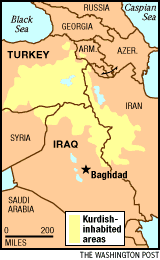 wonderful relations with these people, trade, economic relations, social relations.”
wonderful relations with these people, trade, economic relations, social relations.”
In conclusion the Consul General wanted to make clear, “I think we need to educate the American people is about this term Kurds. Because I understand the average American or not average American but many people at the congress and senate believe that there is a homogeneous group of Kurds living in one part of the Middle East. So, each time when I look at the media …….. Turkey is fighting against a group of people called Kurds and they are good people and they are the allies of the United States and these people referred to as Kurds are fighting against ISIL (Islamic State) and Turkey is damaging them. So, this is a kind of message being portrayed in the American media and I see that many elected officials are voicing it. This is not true, this is wrong. Turkey, first of all is not fighting Kurds. Turkey is fighting some people, some terrorists. Terrorists may be Kurds, Turks, Muslims, non-Muslims, Americans, French, I don’t know. ….. We do not refer to the terrorist groups with ethnic or religious affiliations; we don’t believe that there are some Islamic terrorists or Christian terrorists. They are terrorists.”
Comments are welcome, please send comments to theuniversaltribune@gmail.com

